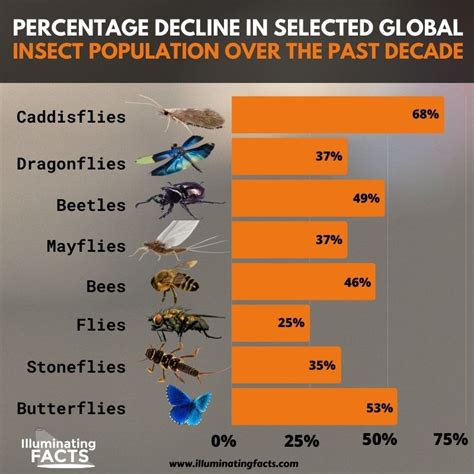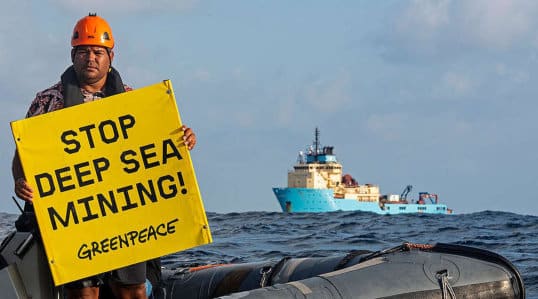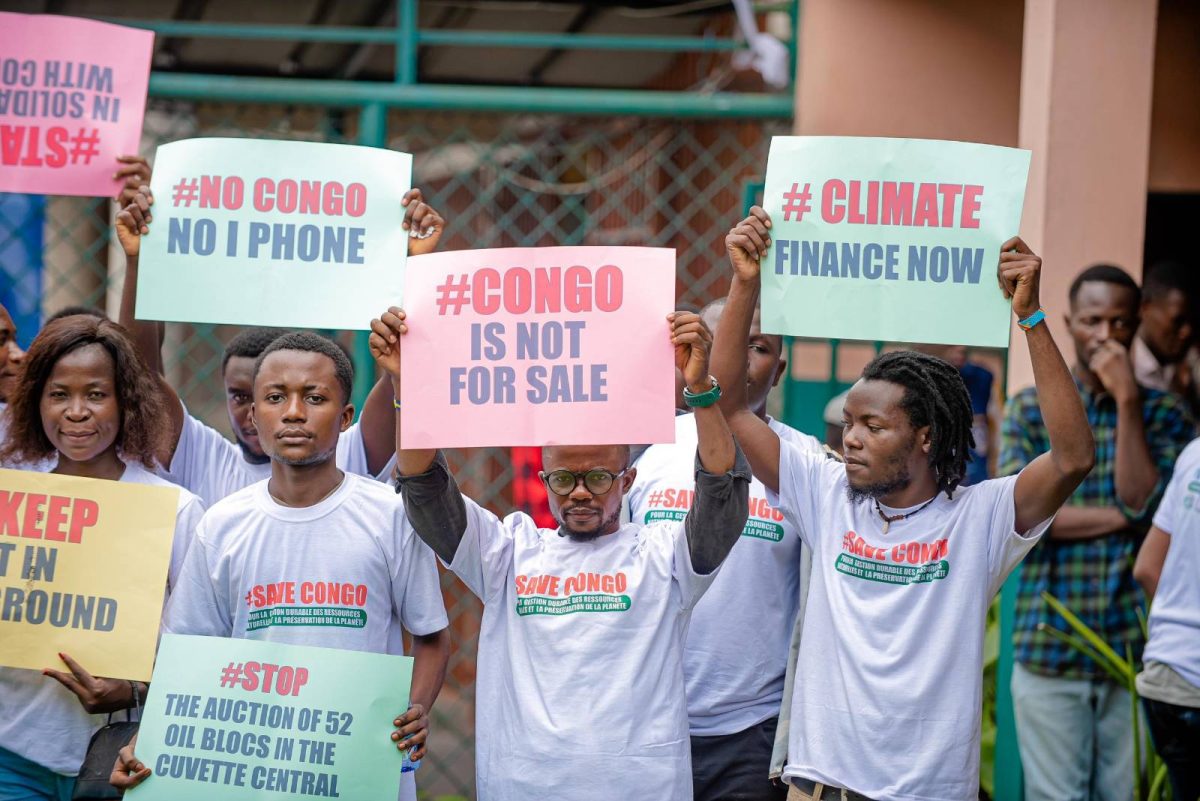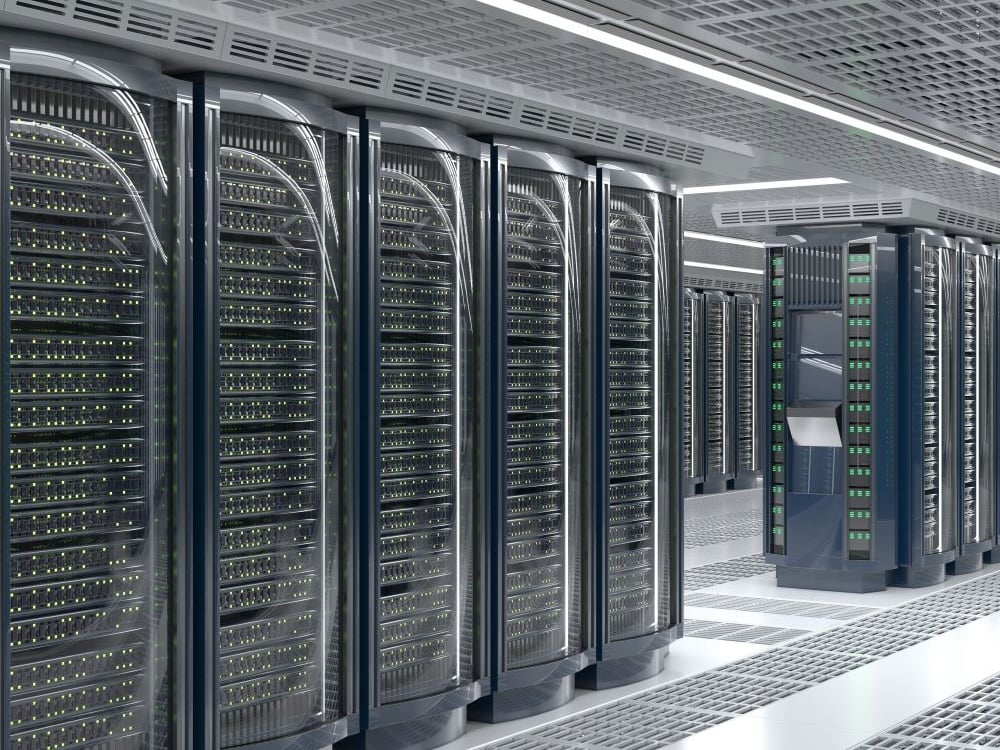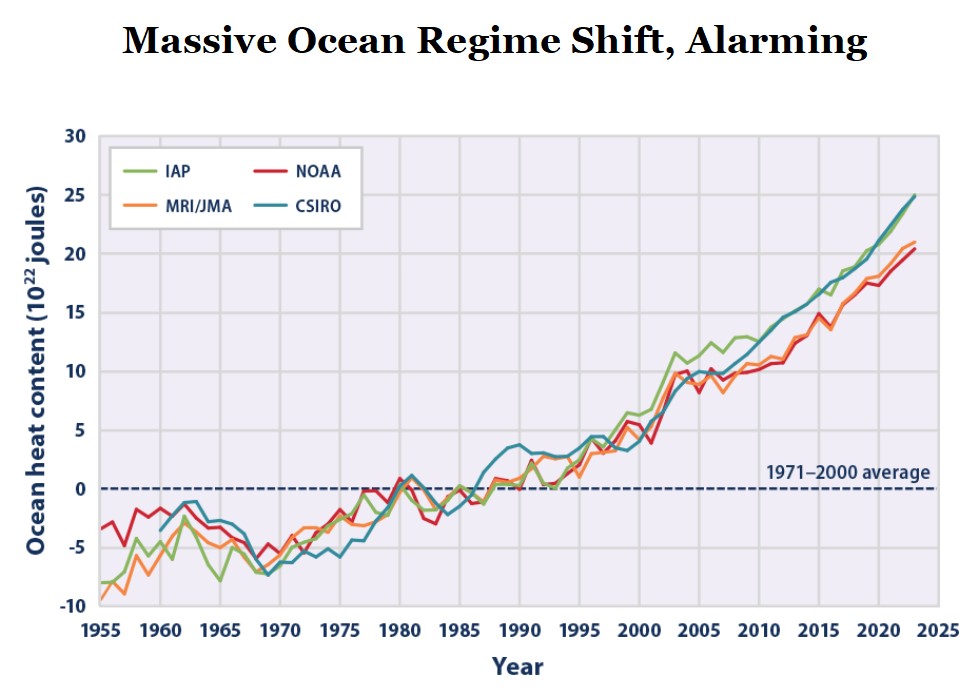Category: Biodiversity / Biodevastation
-

Plummeting Insects
Insects are vanishing from pristine rainforests. And since insects are ‘dropping like flies’, does loss of insects mean nature is collapsing? That question of whether nature is collapsing because of insect Armageddon is found in many articles and upscale publications with some claiming that nature is collapsing, some are not so sure, but some question…
-

Chris Smaje’s Vision of a Post-Capitalist Eco-Localism that Works
The unwinding of global commerce and carbon energy supplies will send shock waves through most sectors of life, says Smaje. In his book, he focuses mostly on the likely changes in agriculture, land ownership and use, livelihoods, household and family life, and politics, as seen through the eyes of ordinary people.
-

Rethinking Rural Living in the Sahara: A Manifesto for Water and Food Sovereignty in Algeria
With the right mindset, this territory can become a living laboratory for ecological transition and a symbol of how humanity can thrive within planetary limits.
-

New research shows why deep sea mining is a bad idea
In a groundbreaking study published in Science Advances, researchers from Ocean Discovery League reveal that only a minuscule fraction of the deep seafloor has been imaged. Despite covering 66% of Earth’s surface, the deep ocean remains largely unexplored. The study, “How Little We’ve Seen: A Visual Coverage Estimate of the Deep Seafloor,” is the first…
-

A deadly mission: how Dom Phillips and Bruno Pereira tried to warn the world about the Amazon’s destruction
The Guardian journalist and the Brazilian Indigenous expert were killed while investigating the impact of deforestation. In this extract from the book Phillips was writing at the time of his death, he reflects on his encounters with the rainforest and its people – and why it is so vital to save this precious place. Phillips…
-

Are GMOs safe? A molecular geneticist speaks out
Are genetically engineered foods safe? In an interview with a leading molecular genetics expert, we discuss the scientific evidence behind health concerns tied to genetically modified (GM) corn and pesticides, how GMOs are changing in ways that increase health risks, and how regulatory systems have failed to keep pace with modern genetics.
-

Defusing The Next Carbon Bomb: The Fight to Stop Big Oil In Congo
The relaunch of oil and gas block auctions risks worsening instability, steamrolling human rights, and jeopardizing the country’s environmental commitments – turning the world’s largest terrestrial carbon sink into a massive carbon bomb.
-

AI Demands to Be Fed. We’re All Servers Now
The big tech companies that once promised a green future have changed their tune. They want unlimited energy for their AI revolution, they want it now, and they don’t care if the source is coal, methane, geothermal, renewables or nuclear power plants.
-

Seeing the Forest for the Trees
Climate sensitivity is substantially higher than IPCC’s best estimate (3°C for doubled CO2), a conclusion we reach with greater than 99 percent confidence. We also show that global climate forcing by aerosols became stronger (increasingly negative) during 1970-2005, unlike IPCC’s best estimate of aerosol forcing. High confidence in these conclusions is based on a broad…
-

Massive Ocean Regime Shift, Alarming
A new study published in ScienceDaily claims severe ocean overheating may be causing a fundamental climate shift. Ocean heatwaves over the past couple of years have been massive and extensive and intensive on a scale never seen before at times covering 96% of the world’s oceans, which should be impossible. (The Oceans are Overheating –…

